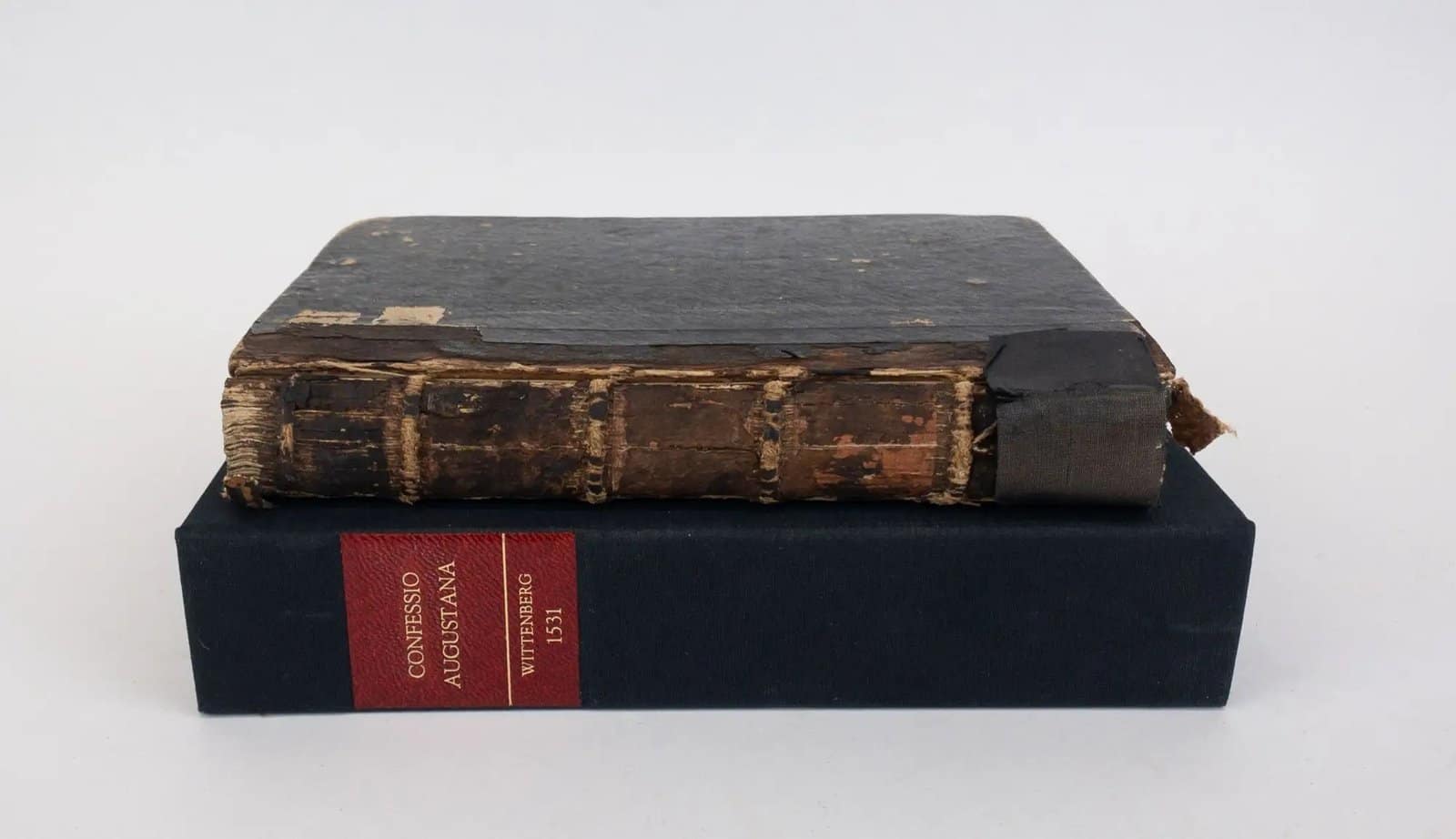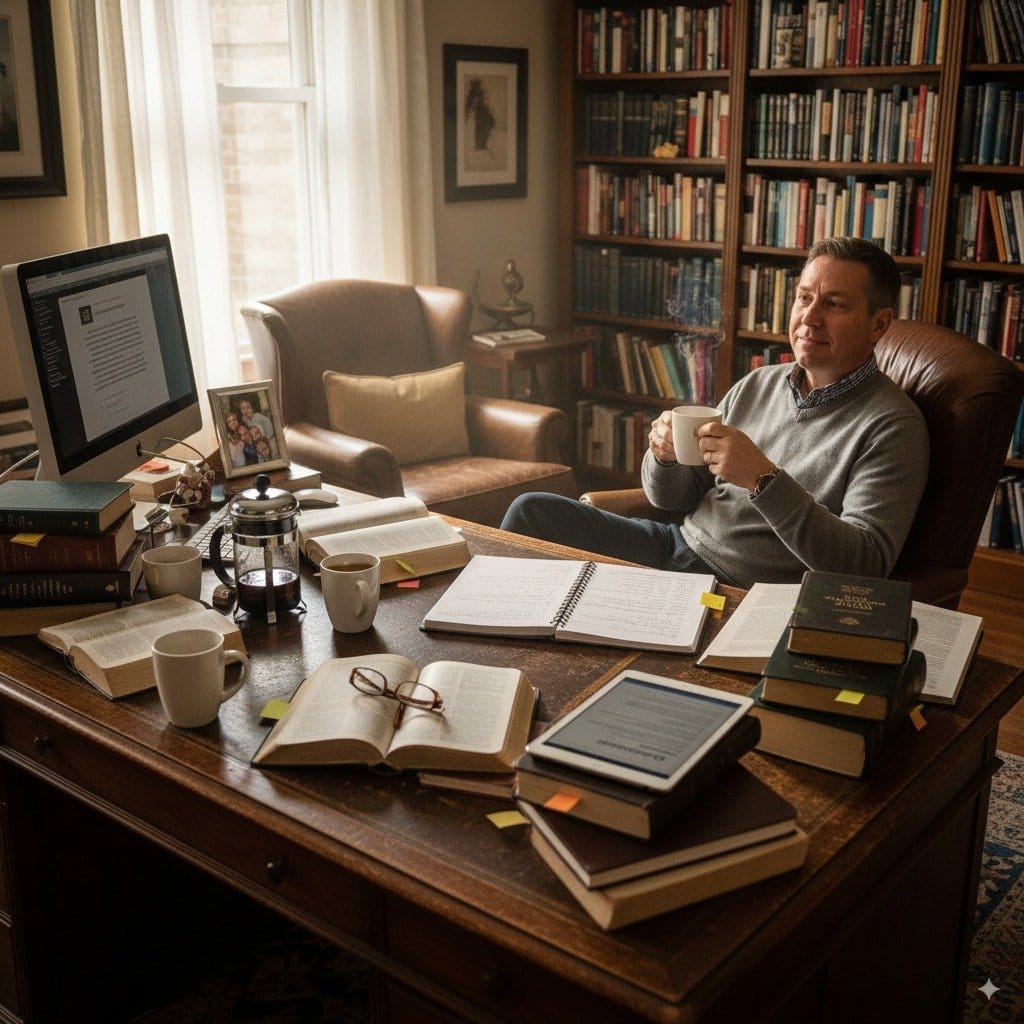This week the Lutheran church commemorates and remembers its rich history and enduring faith that unites us. This post will hopefully share with you the profound significance of the Augsburg Confession and its lasting impact on our Lutheran beliefs. This statement of faith, presented on June 25, 1530, still guides us as followers of Christ …

This week the Lutheran church commemorates and remembers its rich history and enduring faith that unites us. This post will hopefully share with you the profound significance of the Augsburg Confession and its lasting impact on our Lutheran beliefs.
This statement of faith, presented on June 25, 1530, still guides us as followers of Christ and members of the Lutheran tradition. In remembering the Augsburg Confession, we also remember the life and contributions of Philipp Melanchthon, the esteemed reformer who played a crucial role in drafting the Augsburg Confession.
Key Points and Insights
The Augsburg Confession, a pivotal moment in our history, boldly affirmed our Lutheran beliefs. It was not a rejection of the Catholic Church but a call for reformation and a return to the purity of the Gospel. This aligns with our Lutheran values, emphasizing grace, faith, and the authority of Scripture in our spiritual journey.
Philipp Melanchthon, also known as the “Preceptor of Germany,” was a dedicated scholar and theologian who worked alongside Martin Luther. His tireless efforts in drafting the Augsburg Confession and his commitment to education embody the core values of the Lutheran tradition. Melanchthon’s devotion to theological scholarship and his unshakable faith continue to inspire us as we navigate our own spiritual journeys.
Interpretation through Lutheran Beliefs
At the heart of the Augsburg Confession is the acknowledgement that our salvation comes through Christ alone. This fundamental Lutheran belief reminds us that we are justified by grace through faith, not by our own actions. This core belief and tenant for us as Lutherans shapes our understanding of God’s unconditional love and mercy. Melanchthon’s legacy embodies the spirit of intellectual rigor and deep faith, reflecting the Lutheran commitment to education and theological inquiry.
His contributions to the Augsburg Confession and his lifelong pursuit of truth serve as a witness to the Lutheran values of knowledge, discernment, and the pursuit of theological understanding.
Personal Reflection
As I reflect on the lasting legacy of the Augsburg Confession and the life of Philipp Melanchthon, I am reminded of the significant responsibility we have as stewards of this rich theological heritage. It challenges me to embody the spirit of reconciliation and unity in my daily interactions, both within our church community and beyond. The confession’s emphasis on grace and faith, as well as Melanchthon’s scholarly pursuits, also bring comfort and strength to my own spiritual journey. They remind me that my worth is not determined by my accomplishments, but by God’s boundless love. This assurance empowers me to extend grace to others and approach life with courage and compassion.
Conclusion
In conclusion, the Augsburg Confession and the life of Philipp Melanchthon continue to point to the enduring truths of our Lutheran faith. Their call for unity, emphasis on grace and faith, and commitment to reconciliation continue to guide us as a community of believers.
As we embrace this legacy, may we always be inspired to live out these values in our daily lives, being beacons of hope and love in a world that longs for healing and understanding.
Let the ideas of the Augsburg Confession and the teachings of Philipp Melanchthon guide us and give us strength as we share our faith together.







